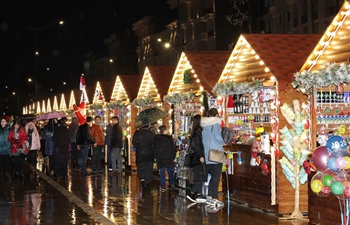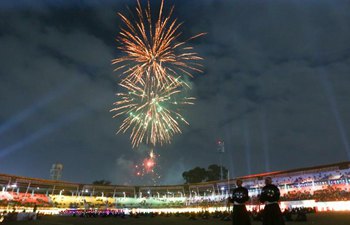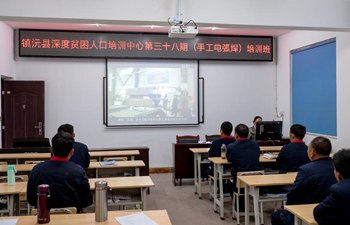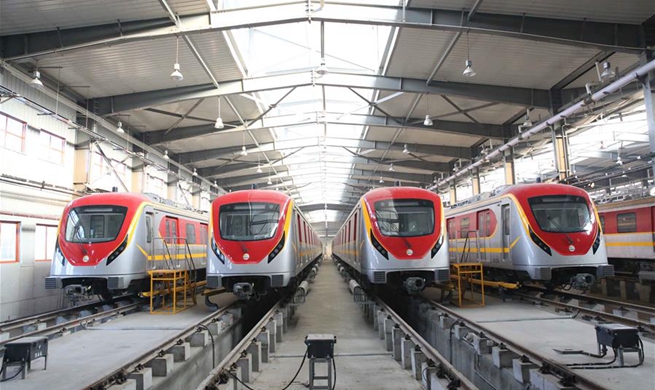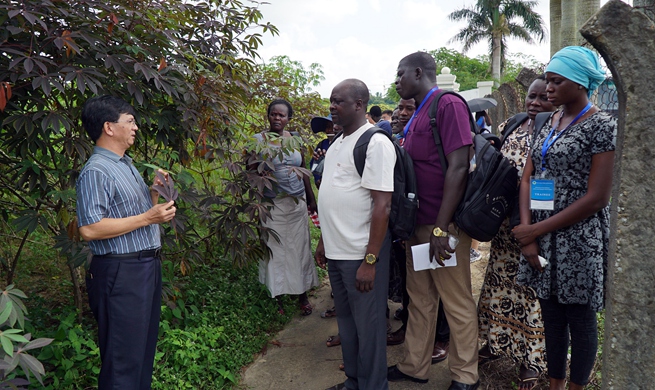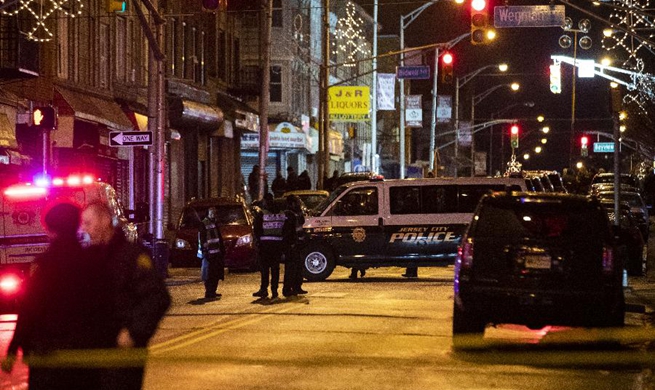NEW DELHI, Dec. 11 (Xinhua) -- India's ruling Bhartiya Janata Party (BJP) Wednesday tabled controversial Citizenship Amendment Bill (CAB) in the upper house of Indian parliament, locally called Rajya Sabha, officials said.
On early Tuesday India's lower house Lok Sabha easily passed the bill after a heated debate of nearly 12 hours.
The bill aims at granting citizenship to illegal immigrants belonging to six religions -- Hinduism, Sikhism, Buddhism, Jainism, Parsi and Christianity from Bangladesh, Afghanistan and Pakistan. However, it has kept out Muslims from applying for the citizenship.
After presenting the bill in the house, Indian home minister rose up to speak in favour of the bill amid protests from the opposition lawmakers, especially from the Congress party.
"Misinformation has been spread that this bill is against Muslims of India. I want to ask the people how is this bill related to Indian Muslims?" Shah said, adding that Muslims need not to worry about the bill.
However, in opposition, the Congress lawmaker Anand Sharma said the bill was an assault on the constitution of India.
"I strongly oppose the bill for it's as it hurts the soul of India and fails morality test," Sharma said.
Opposition parties criticized the bill as contrary to secular principles enshrined in India's constitution as it excludes Muslims.
BJP government easily managed to pass the bill in the Lok Sabha because of its majority, but they would require support from others to pass the bill in the upper house as it does not have enough numbers to ensure its smooth passage, analysts said.
As a bill needs to be ratified by both houses to become a law, the Congress Party has issued strict instructions to its lawmakers in the house to be present during the presentation of the bill.
The non-Muslim citizenship bill has already triggered widespread protests in the country especially India's northeastern states of Assam and Tripura, bordering Bangladesh, as locals fear immigrants would endanger their position in the country.
Through the bill, the Indian government would grant Indian citizenship to those non-Muslim immigrants who had entered the country illegally until Dec. 31, 2014.
BJP government had introduced the bill in its previous tenure and got it passed in the lower house of the parliament. However, it could not introduce it in the upper house due to the vehement protests.
The bill lapsed following the dissolution of the previous Lok Sabha.
